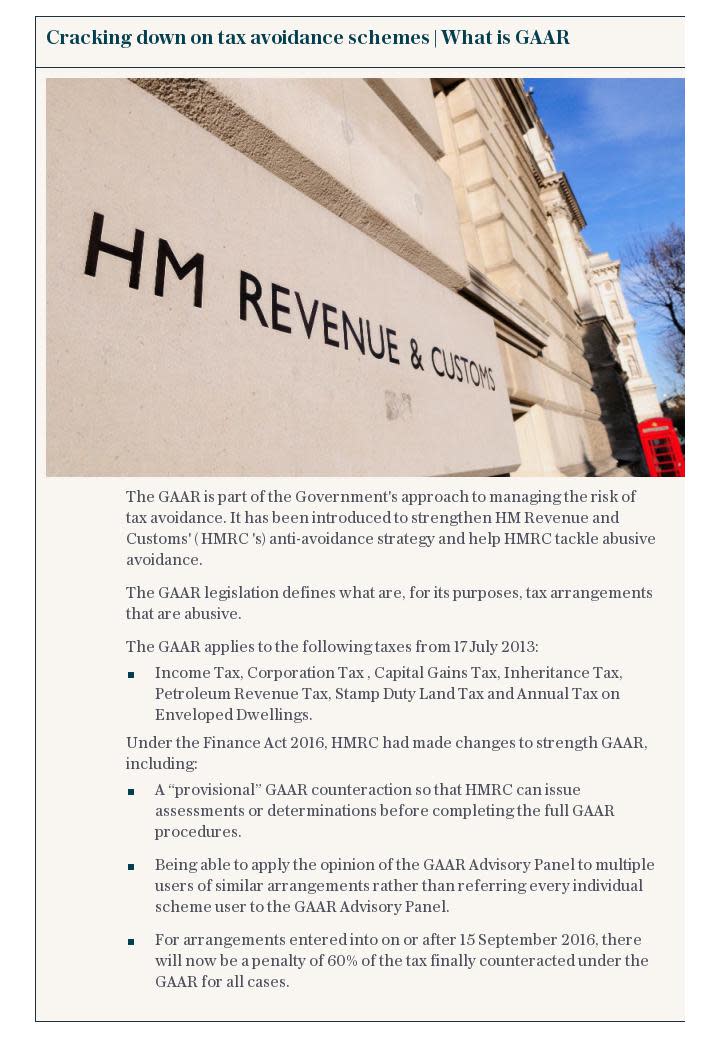European Commission plans EU-wide tax crackdown on tech giants

The European Commission today took the first steps towards an EU-wide tax crackdown on digital companies such as Facebook, Uber and Amazon.
It called for co-ordinated binding rules to be proposed as early as Spring next year and suggested faster stop-gap measures such as a levy on digital streaming services like Netflix or Spotify.
The OECD, the global standard setter, has set out guidelines for fair taxation of multinational companies but the EU should be prepared to go it alone with tougher rules if it could not secure international agreement, the Commission said today in Brussels.
Other short-term measures advanced by today’s communication, a preliminary step to legislation, are a withholding and an equalisation tax.
The withholding tax would be levied on goods and services bought online. The equalisation tax, which is backed by France, would be imposed on digital companies and bring their payments to the level of, for example, traditional corporate tax.
Many global tech giants pay low levels of tax because they headquarter their companies in countries with low tax rates such as Luxembourg. Because the intellectual property on their products is registered in low-tax jurisdictions, they can claim the profits are generated there even if the service is used in a different country.
By taking advantage of the most beneficial tax regimes, cross-border digital companies can bring their tax burden down to effectively zero, the Commission said. On average, domestic digitalised business models are subject to an effective tax rate of only 9pc, less than half compared to traditional business models, according to Commission figures.
“Profits earned in the EU should be taxed in the EU. This is the way to prevent losses to the budgets of European countries,” said Valdis Dombrovskis, the commissioner in charge of financial regulation.
Today’s communication called for an EU-wide response to ensure the companies pay a fair share of tax in the countries in which they operate, but the path will be fraught with difficulties.
EU tax law requires the unanimous support of all 28-member states to enter into force and there are countries such as Ireland and Malta that rely on their low-tax regimes to attract multinational digital companies.

Tax justice campaigners warned that the EU effort, which is also aimed at traditional companies selling goods online, was doomed to fail.
"The EU can't implement changes unless all countries agree, but several member states are actually blocking reform whilst helping multinational corporations dodge taxes,” said Tove Maria Ryding, of the European Network on Debt and Development (Eurodad).
She told The Telegraph: “The EU is happy to criticise other countries outside Europe, but refuses to admit that some of its own member states are in fact very large tax havens. This makes it impossible for the EU to take really ambitious action.”
Oxfam, a member of the Eurodad umbrella network of NGOs, has said that the Netherlands, Luxembourg, Cyprus and Ireland are among the world’s 15 worst tax havens.
“The European Union needs a common and coherent approach when taxing the digital economy,” said Mr Dombrovskis. “The question is becoming even more urgent as a number of EU countries have already introduced unilateral measures.”
Mr Dombrovskis said that different national approaches could open new tax abuse and avoidance loopholes.
He denied that the initiative was partly motivated to protect the EU against Britain turning itself into a low-tax jurisdiction after Brexit, pointing to the OECD's efforts to tackle profit shifting that had begun years before the referendum.
A EU digital summit will be held in Tallinn, Estonia on September 29. The Commission hopes that EU leaders of member states will discuss the communication at that meeting.
The move is the latest measure taken by the Commission to fight tax avoidance, a drive given political impetus by 2014’s Luxleaks scandal.
The Commission has set out plans to make multinational companies report their profits made and taxes paid in each EU jurisdiction they operate in.
Its powerful antitrust department has also probed sweetheart tax deals between companies and national governments, recently ordering Apple to pay up to €13bn (£11.4bn) in back taxes to Ireland. Both Apple and Ireland are contesting the decision.




 Yahoo News
Yahoo News 
